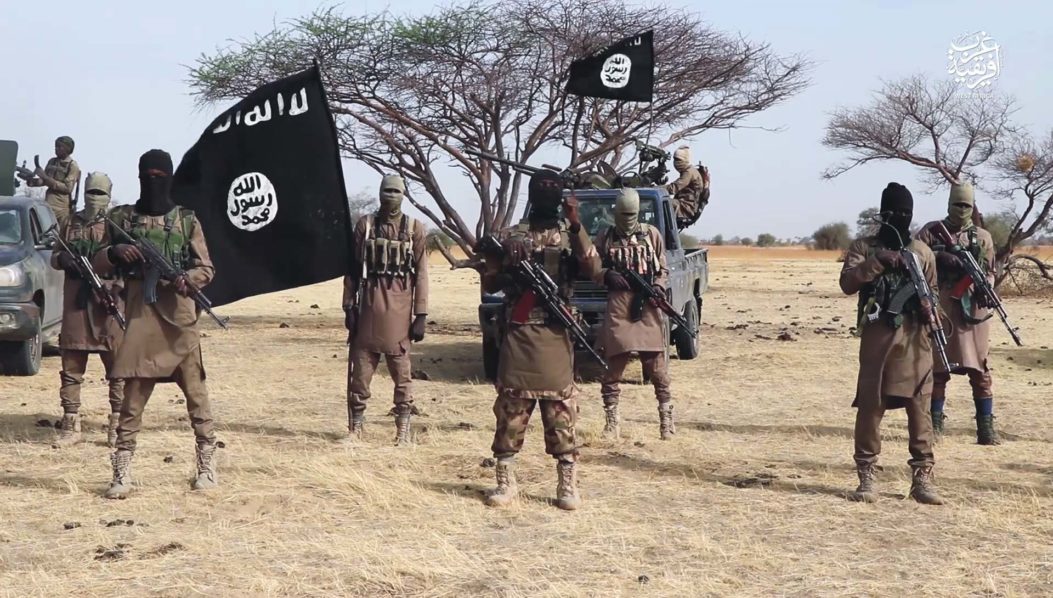In the arid expanses of the Sahel, a conflict that far transcends territorial disputes brews, enveloping Niger, Mali, and Burkina Faso in a maelstrom of violence and political instability. The tragic death of 29 Nigerien soldiers in a brutal ambush near the Mali border underscores the terrifying potency of insurgent groups in the region. However, a concerning narrative is gaining traction, the potential involvement or, at the very least, the complacency of Western powers in the ascendancy of these Islamist groups.
The context: multiple coups have seized the Sahel nations, driven by palpable frustrations over the persistent insecurity exacerbated by militant activities. These juntas, despite pledging allegiance to one another against shared threats, have notably ejected foreign troops, thereby nullifying crucial air reconnaissance support, particularly along the volatile Mali-Niger border. This move, rather paradoxically, has coincided with an uptick in violent incursions by militants, many affiliated with the notorious Islamic State. But could the West have more to do with this than mere observer status?
One school of thought suggests that Western powers, notably those with historic ties and palpable influences in the region, might be exploiting the instability for their geopolitical and resource-driven ambitions. Such a stance warrants scrutiny given the complexity of the Sahel crisis and the historical precedent of foreign powers utilizing regional conflicts to serve their broader objectives, including exploitation of minerals and other resources.
Firstly, let’s dissect the potential motivations. The Sahel is replete with untapped resources, and its strategic geographical position makes it a pivotal chess piece in global geopolitics. With the juntas disbanding international military cooperation and leaning towards autarky, Western nations, particularly former colonial powers, may find their interests threatened. Ensuring a stable government, which could negotiate resource extraction and exploitation or facilitate favourable policies, is of paramount importance to these foreign entities.
Some argue that facilitating or tolerating the existence of insurgent groups could serve as a double-edged sword for the West: destabilizing the juntas and potentially paving the way for regimes more amenable to foreign influence. It’s a theory that leans on historical instances where foreign powers have backed rebel groups to foster instability, thereby asserting their influence under the guise of ‘re-establishing order’ and ‘promoting democracy.’
But such a perspective must be approached with caution and scepticism. The intricate web of politics, alliances, and enmities in the Sahel does not lend itself easily to simplified narratives. Islamist insurgent groups have long-rooted ideological motives that may not necessarily align with any perceived Western agenda. Furthermore, it’s crucial to remember that the militant insurgency predates the recent military coups and the expulsion of foreign troops — illustrating that their operations are not a new phenomenon sparked by recent political developments.
However, it would be negligent to entirely dismiss the role of foreign powers in the Sahel crisis. Historical entanglements and existing dependencies on Sahelian resources render it plausible that external forces may seek to sway the pendulum of power in their favor, whether through direct interference or more subtle, shadowy means.
The Sahel tragedy is an intricate tapestry woven from threads of poverty, corruption, historical oppression, and international machinations. Whether or not the West is deliberately employing insurgent groups as pawns in a larger geopolitical game remains unsubstantiated. However, the nexus between regional instability and foreign ambitions cannot be ignored.
Vigilance and transparency in international dealings are imperative. The Sahel nations, ravaged by conflict and mired in political turmoil, deserve an opportunity to forge their path free from veiled external manipulations. The narrative of foreign involvement, while compelling and not without precedent, demands rigorous scrutiny and tangible evidence, ensuring that conjecture does not masquerade as confirmed reality.





